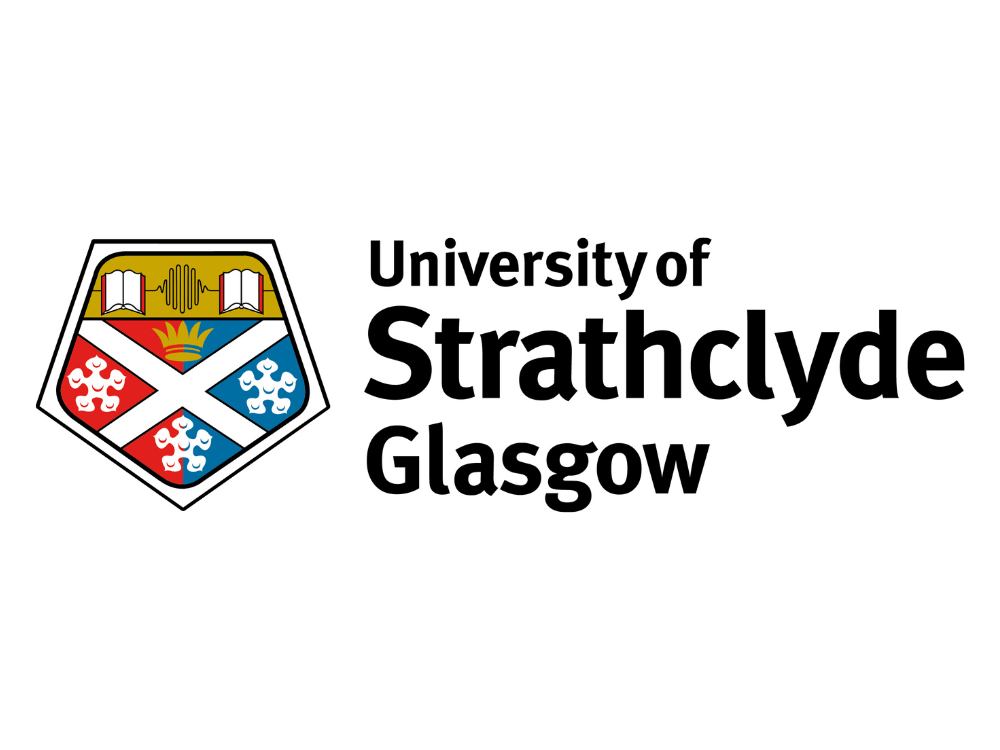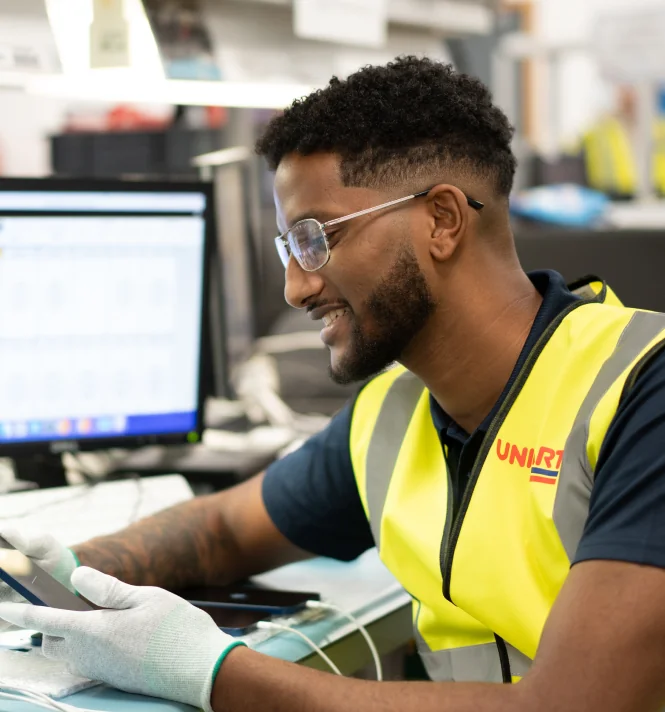
University of Strathclyde continuous improvement journey
11th June 2025 | 4 min read
Background
In 2013, the University of Strathclyde (UoS) had an ambition to be recognised as a leading international technological university by driving operational excellence through their culture.
12 years on, they have achieved this and more including £8m in savings and several recognition awards that validate the extent to which continuous improvement has become a part of the UoS’ culture.
The Business Improvement (BI) team, now Continuous Improvement Team, that was created through Unipart’s initial activity within the university continues to reap significant gains year on year by maintaining learned best practices.



The Challenge
Our initial focus was aimed at increasing the conversion of offers to enrolments in programmes, but quickly UoS saw the value in driving a wider continuous improvement culture, to enable long-term operational excellence.
Unipart was selected as the partner to develop internal capability in continuous improvement to ensure long-term operational excellence.





